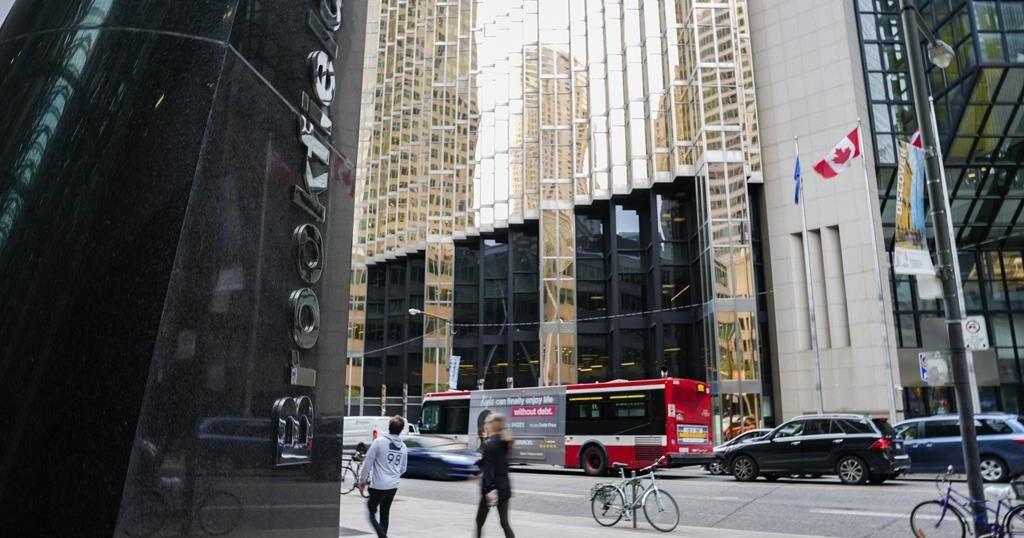Altilium’s technological focus is to produce high-volume, low-carbon domestic sources of cathode and anode materials from recycling waste streams already in circulation, such as lithium scrap.
In 2022, it opened its battery recycling technology centre in Devon to deepen and strengthen its competitive edge in the recycling of lithium-ion batteries. The scale-up processing line will provide the company with data to make informed decisions on materials handling, scalability, and product quality at the UK’s largest planned EV battery recycling facility, to be located in Teesside.
The plant will have the capacity to process scrap from over 150,000 EVs per year, producing 30,000 metric tons of cathode active material, 20% of the expected demand in the UK and one of the largest projects in the UK and Europe.
Since SQM’s initial investment of $2.57 million last year, Altilium has hit a number of key development milestones, including the expansion of its UK recycling facilities, enhancement of its proprietary EcoCathode hydrometallurgical process and strengthening of its senior management team.
The additional funding follows a year of strong progress in the scaling up of Altilium’s proprietary battery recycling technology and underscores both companies’ commitment to developing a circular economy for sustainable low and carbon battery materials, the Chilean group said.
The latest investment in Altilium completes the Series A funding round and marks the largest investment to date for SQM Lithium Ventures, now totalling $12 million.
The additional funding of $9.43 million is expected to accelerate the scale-up Altilium’s UK and European activities, paving the way for the roll-out of the company’s full battery circularity customer offering, encompassing zero-carbon EV battery collection, black mass recycling and chemical refining direct to cathode active material (CAM).
Key developments in 2024 include the construction of a 18,000-square-foot facility in Plymouth, Devon, scheduled to begin mid-year; building the first battery recycling station to efficiently transform discarded EV batteries into high-quality black mass; and the retrofit of an existing plant in Eastern Europe, with plans to process 8,000 metric tons of black mass to EV battery later in the year.
“We are delighted to continue our relationship with SQM and excited about the journey ahead as we build a UK and European leader in battery recycling,” stated Dr. Christian Marston, Altilium president and COO.
“This round of funding with SQM Lithium Venture has been a pivotal achievement for Altilium and reflects the significant strides the business has made over the past 12 months,” Altilium CEO Kamran Mahdavi added.
Carlos Díaz, CEO of SQM’s lithium-potassium division, said that the investment gives the company the chance to participate in the creation of a new industry: the recovery of critical minerals such as lithium, nickel, and cobalt from recycled batteries.
“This will allow us to add value to the new battery supply chain, while at the same time maintaining sustainable consumption levels of resource consumption, water use, and carbon footprint,” he said.
Adblock test (Why?)

Source link
Related

























